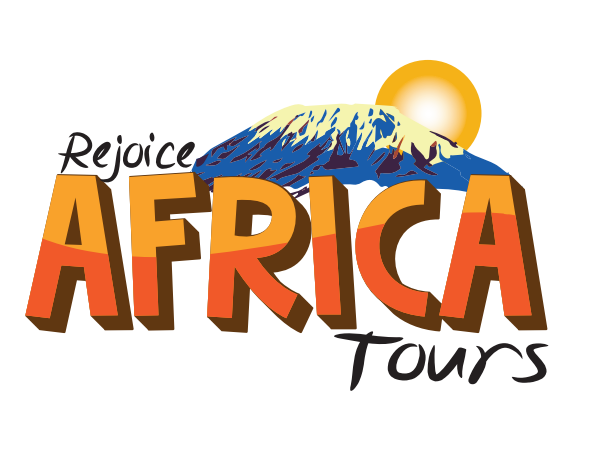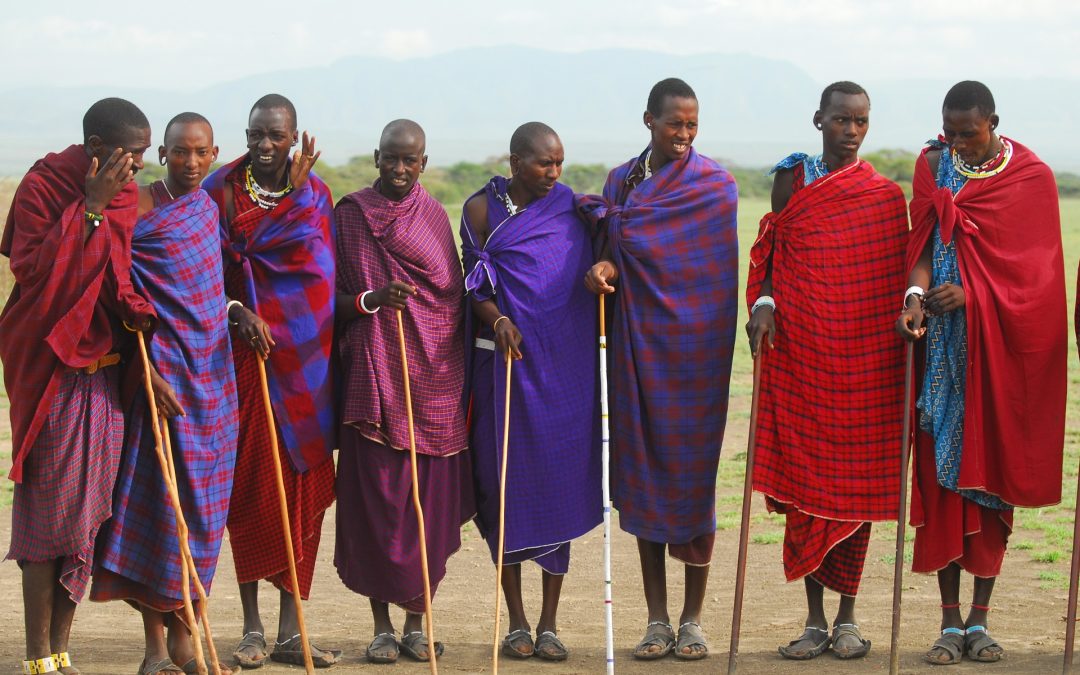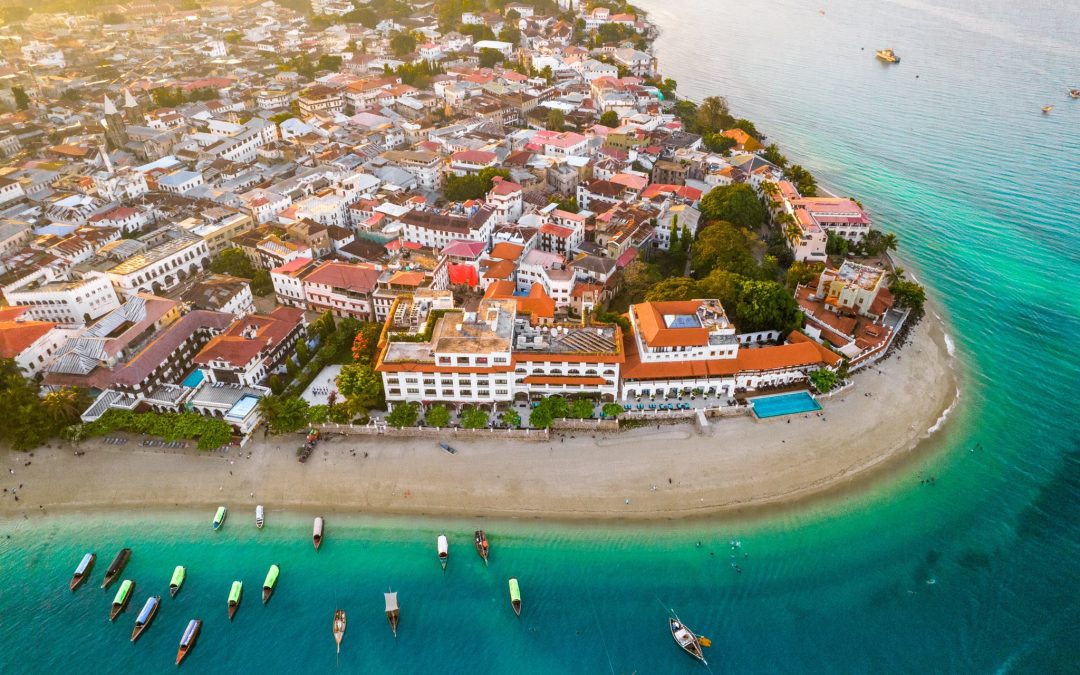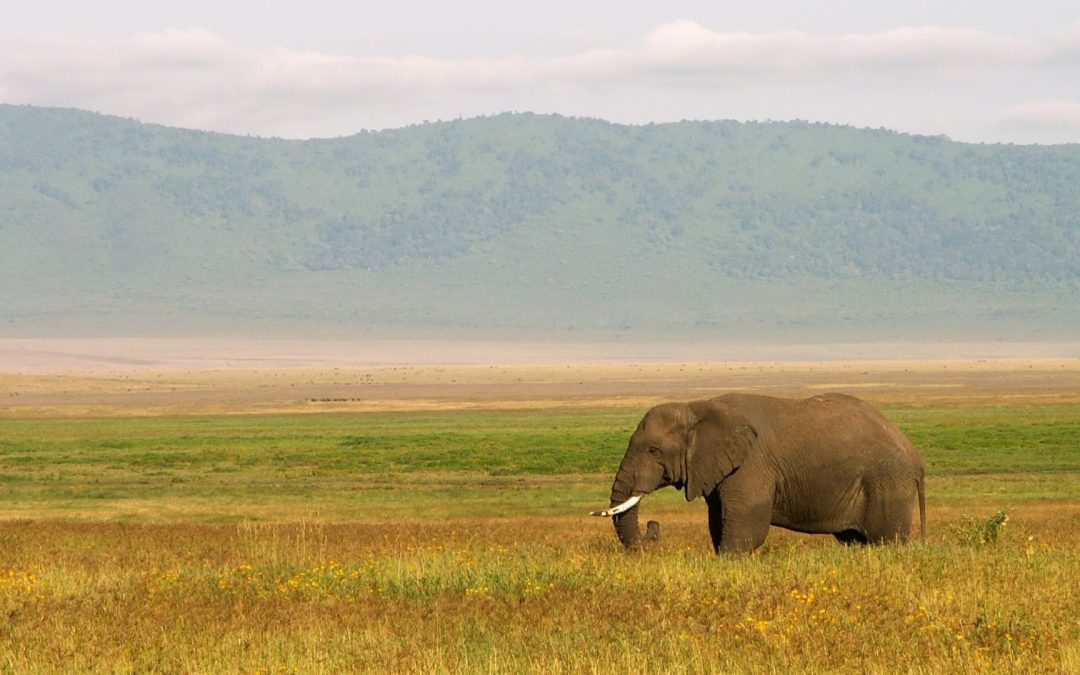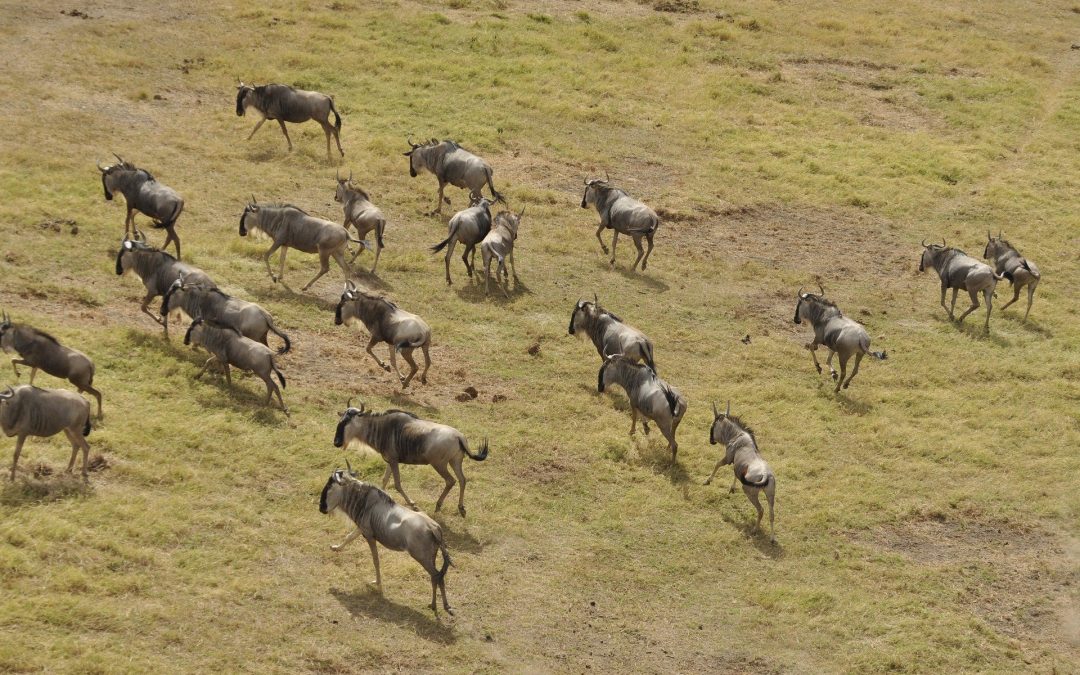
Serengeti Wildebeest Migration Calendar
Highlights
The Serengeti Wildebeest Migration is a year-round event, with the herds moving in a circular pattern across the Serengeti-Mara ecosystem.
-
January to March: Southern Serengeti (Ndutu Area) – Calving season.
-
April to May: Central Serengeti (Seronera Area) – Moving northwards.
-
June to July: Western Corridor and Grumeti River – River crossings.
-
August to October: Northern Serengeti and Mara River – Dramatic river crossings.
-
November to December: Return to Southern Serengeti – Completing the cycle.
Description
The Great Migration involves around 1.5 million wildebeests, along with hundreds of thousands of zebras and gazelles, moving in search of fresh grazing and water. This epic journey is driven by ancient instincts and the need for survival, making it one of the most spectacular wildlife events on Earth
Understanding the Migration Cycle
The Serengeti Wildebeest Migration Calendar is a vital tool for wildlife enthusiasts and travelers, offering insights into one of nature’s most awe-inspiring events. This calendar outlines the movement patterns of wildebeest, zebras, and other animals as they traverse the Serengeti ecosystem in search of fresh grazing lands. Each phase of the migration presents unique opportunities to witness dramatic river crossings, predator interactions, and the birth of new life.
From the lush plains of the southern Serengeti to the challenging river crossings in the north, the migration is a continuous cycle of life and death, driven by the rains and the need for sustenance. Understanding this cycle not only enhances your safari experience but also deepens your appreciation for the delicate balance of nature.
South Serengeti: Ndutu Event
January to March
The Ndutu Event marks the beginning of the migration cycle in the South Serengeti. During these months, the wildebeest gather in the nutrient-rich plains of Ndutu to give birth to their young. This period is crucial as it ensures the survival of the next generation. The abundance of calves attracts predators, making it an exhilarating time to witness the raw dynamics of the savannah.
Central Serengeti Migration
April to June
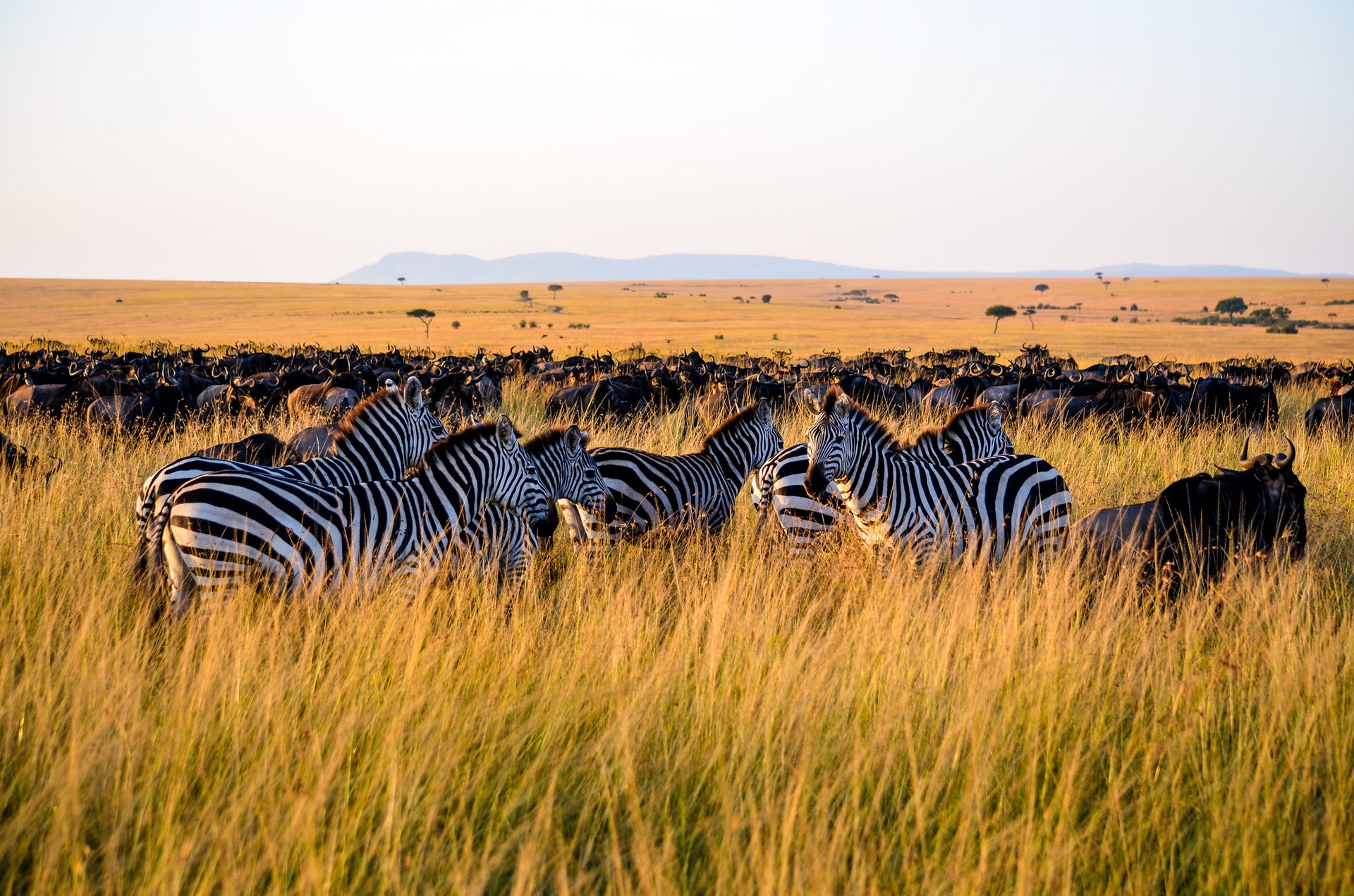
The Central Serengeti, particularly the Seronera Valley, is known for its abundant wildlife and large numbers of big cats. From April to June, the herds move through this area, providing excellent opportunities for game viewing. The Seronera River Valley is rich in resident wildlife, making it a fantastic year-round destination
Northern Serengeti: The Mara Crossing Spectacular Event
July to September
The Northern Serengeti, including the Lobo and Loliondo areas, is less visited but offers stunning landscapes and incredible wildlife. From July to October, the herds cross the Mara River, facing crocodiles and other predators. This region is also home to large elephant herds and diverse resident animals
The Return Journey from Masai Mara
As the dry season approaches, the herds begin their return journey from the Masai Mara back to the Serengeti. This migration phase is less crowded, offering a more serene experience for travelers. It’s essential to plan your visit around the timing of the rains, as they dictate the movement of the herds. Understanding the migration patterns can enhance your safari experience, providing opportunities to witness the majestic wildlife in their natural habitat.
Essential Visitor Information
- Best Time to Visit: June to October for optimal viewing.
- Travel Insurance: Highly recommended for safety.
- Health Precautions: Vaccinations and malaria prophylaxis are advised.
- Local Guides: Hire experienced guides for an enriched experience.
- Photography Tips: Bring a telephoto lens for wildlife shots.
- Respect Wildlife: Maintain a safe distance from animals.
- Weather Conditions: Prepare for varying climates.
- Visa Requirements: Check entry requirements for Tanzania.
- Currency: Tanzanian Shilling is the local currency.
- Language: Swahili and English are widely spoken.
- Accommodation: Book lodges or campsites in advance.
- Conservation Efforts: Support eco-friendly tourism.
- Transportation: 4×4 vehicles are ideal for safaris.
- Park Regulations: Follow all park rules and guidelines.
- Local Cuisine: Try traditional Tanzanian dishes.
- Emergency Contacts: Keep a list of important numbers.
- Community Engagement: Participate in cultural tours.
- Pack Light: Bring essentials for easy travel.
Conclusion and Remarks
The Serengeti Wildebeest Migration Calendar is an indispensable tool for anyone planning to witness this natural wonder. It highlights the key events and timings, ensuring travelers can experience the migration’s breathtaking spectacles, such as the Mara River crossings and the calving season in Ndutu. Understanding the migration’s patterns not only enhances the safari experience but also underscores the importance of conservation efforts in preserving this incredible ecosystem. By planning your visit around the migration calendar, you can maximize your chances of witnessing one of nature’s most awe-inspiring events.
In conclusion, the Serengeti Wildebeest Migration is a testament to the resilience and beauty of nature. This calendar serves as a guide to navigating the complexities of the migration, offering insights into the best times and places to observe the herds. It also emphasizes the significance of sustainable tourism practices in protecting the Serengeti’s unique biodiversity. Whether you’re a seasoned traveler or a first-time visitor, the migration calendar is your gateway to an unforgettable adventure in one of the world’s most iconic wildlife destinations.
References and Resources
Books and Publications
‘Serengeti: The Eternal Beginning’ by Boyd Norton offers a comprehensive look at the ecosystem.
Documentaries
‘The Great Migration’ by National Geographic provides stunning visuals and insights.
Websites
Visit the official Serengeti National Park website for up-to-date information.
Research Papers
‘Ecological Dynamics of the Serengeti’ by Sinclair and Arcese explores the science behind the migration.
Travel Guides
‘Lonely Planet Tanzania’ includes practical tips for planning your trip.
Conservation Organizations
Explore the work of the African Wildlife Foundation in preserving the Serengeti.
Wildlife Blogs
Follow ‘Safari Junkie’ for personal experiences and travel advice.
Photography Tips
Check out ‘Wildlife Photography Tips’ by Steve Bloom for capturing the migration.
Serengeti Great Migration FAQs
What is the Great Wildebeest Migration?
The Great Wildebeest Migration is a remarkable annual phenomenon that involves the spectacular movement of over 1.5 million wildebeests, accompanied by hundreds of thousands of zebras and gazelles, as they traverse the vast plains of the Serengeti in Tanzania and the Masai Mara in Kenya. This extraordinary circular journey is primarily motivated by the relentless search for fresh grazing opportunities and vital water sources. It is estimated that around 2 million wildebeests, 500,000 zebras, and 200,000 Thomson’s gazelles embark on this epic trek, migrating back and forth between the Masai Mara in Kenya and the Serengeti in Tanzania in pursuit of greener pastures and abundant water supplies, highlighting the incredible resilience and adaptability of these iconic species in their quest for survival.
When is the Best Time to See the Migration?
The best time to witness the migration depends on what you want to see:
-
- Calving Season: January to March in the Southern Serengeti.
- Grumeti River Crossings: June to July in the Western Corridor.
- Mara River Crossings: July to October in the Northern Serengeti and Masai Mara
Where Can I See the Migration?
-
Southern Serengeti: Ndutu Area during the calving season.
-
Central Serengeti: Seronera Valley as the herds move northwards.
-
Western Corridor: Grumeti River crossings.
-
Northern Serengeti: Mara River crossings
What Should I Expect During the Migration?
Expect to see large herds of wildebeests, zebras, and gazelles, along with predators like lions, cheetahs, and crocodiles. The migration is a dramatic and dynamic event, with river crossings being particularly thrilling
How Does the Migration Affect the Ecosystem?
The migration plays a crucial role in the Serengeti ecosystem by promoting nutrient cycling and supporting a diverse range of wildlife. The movement of the herds helps maintain the balance of the grasslands
